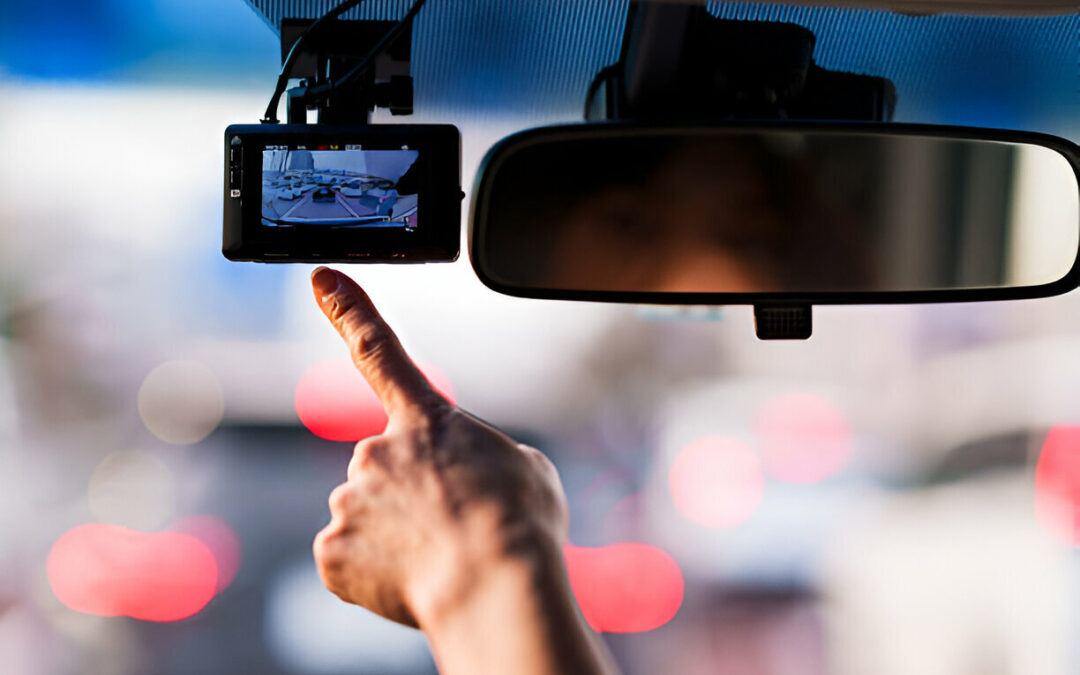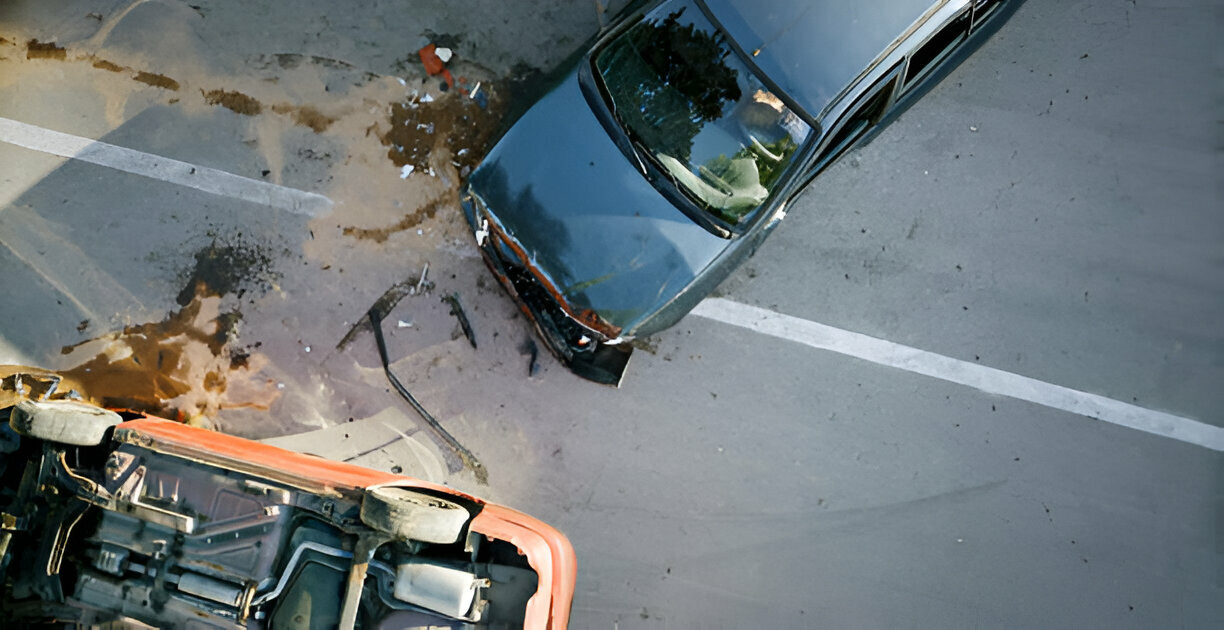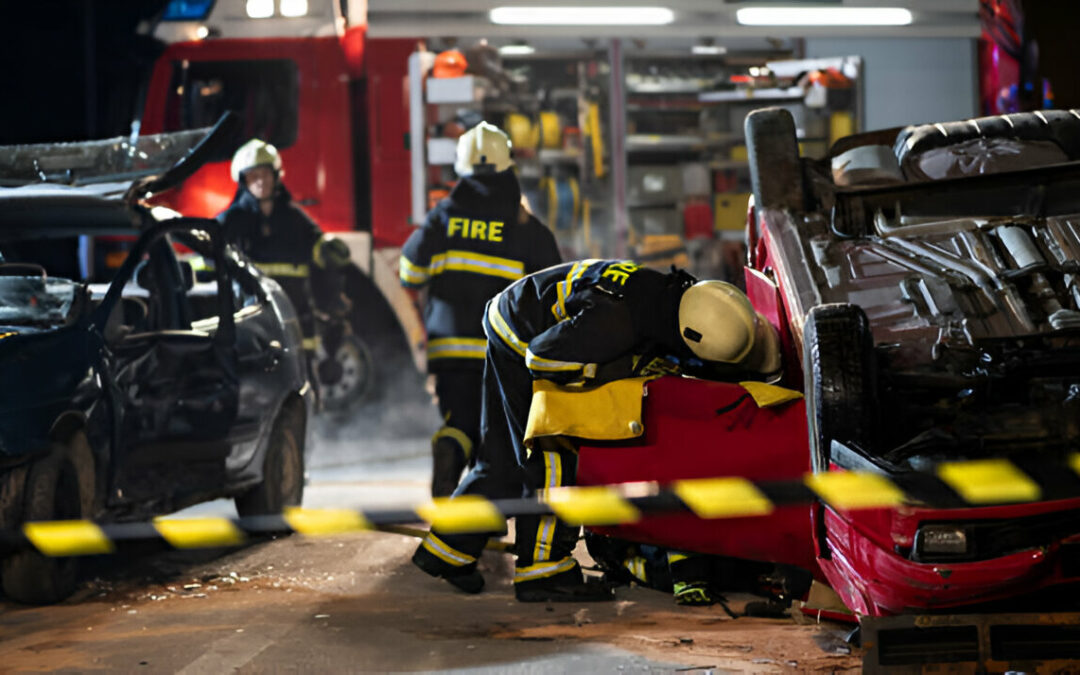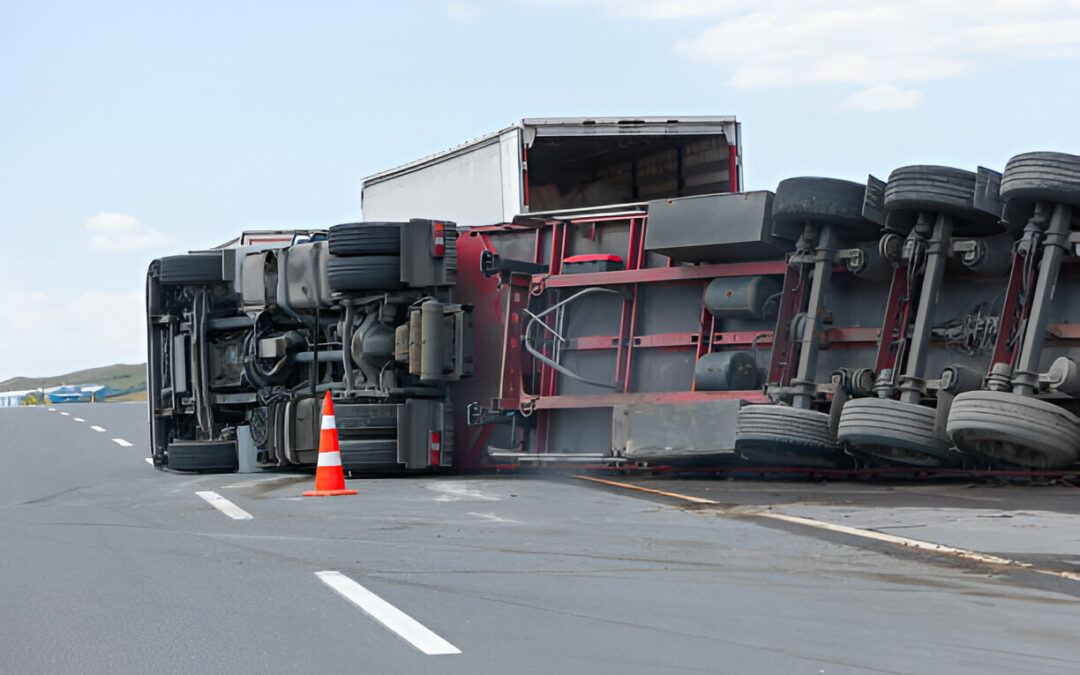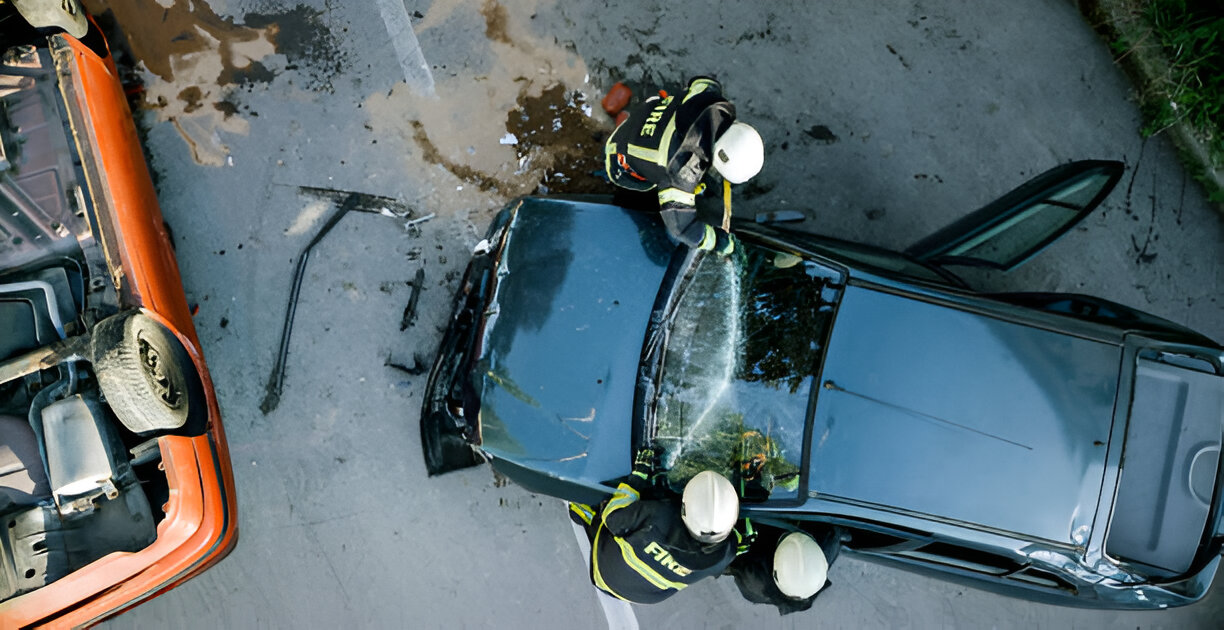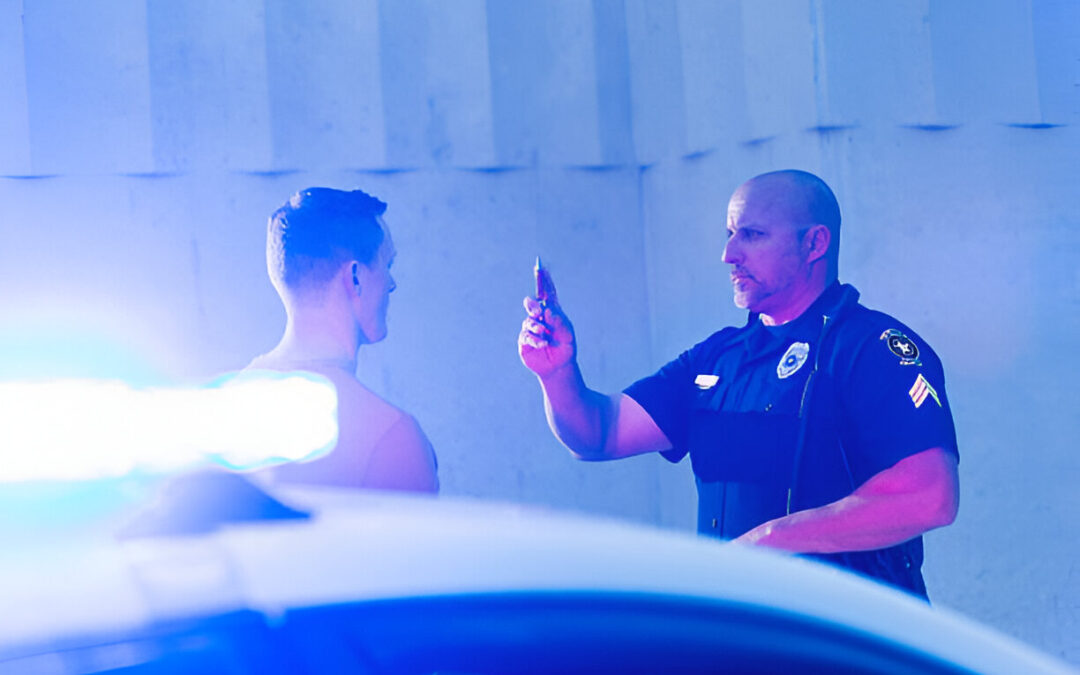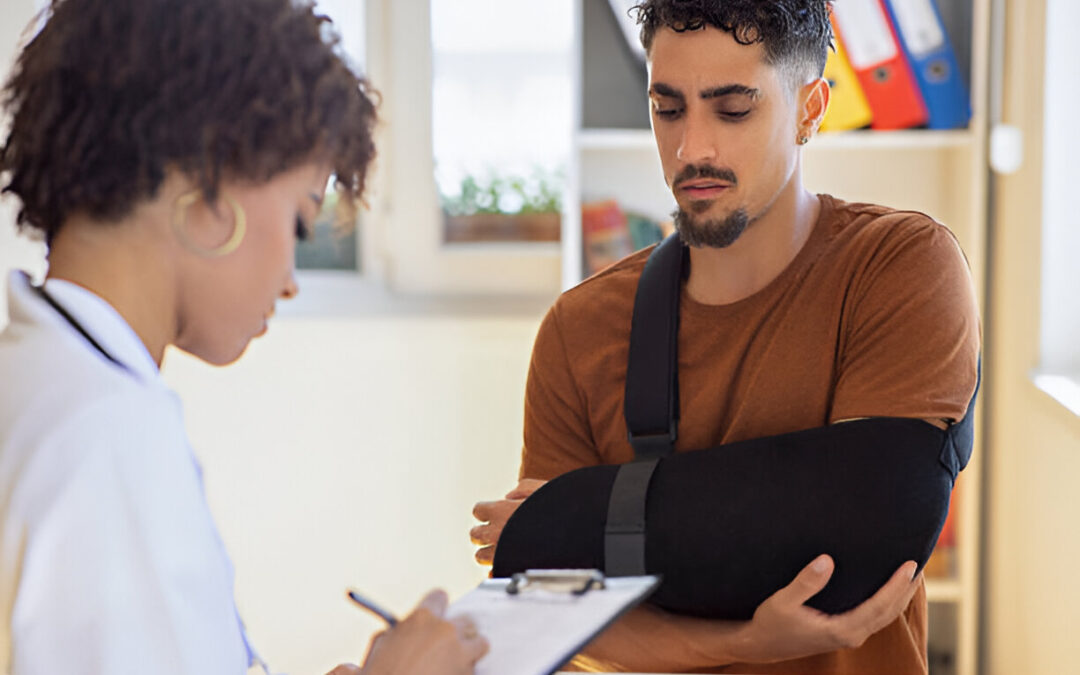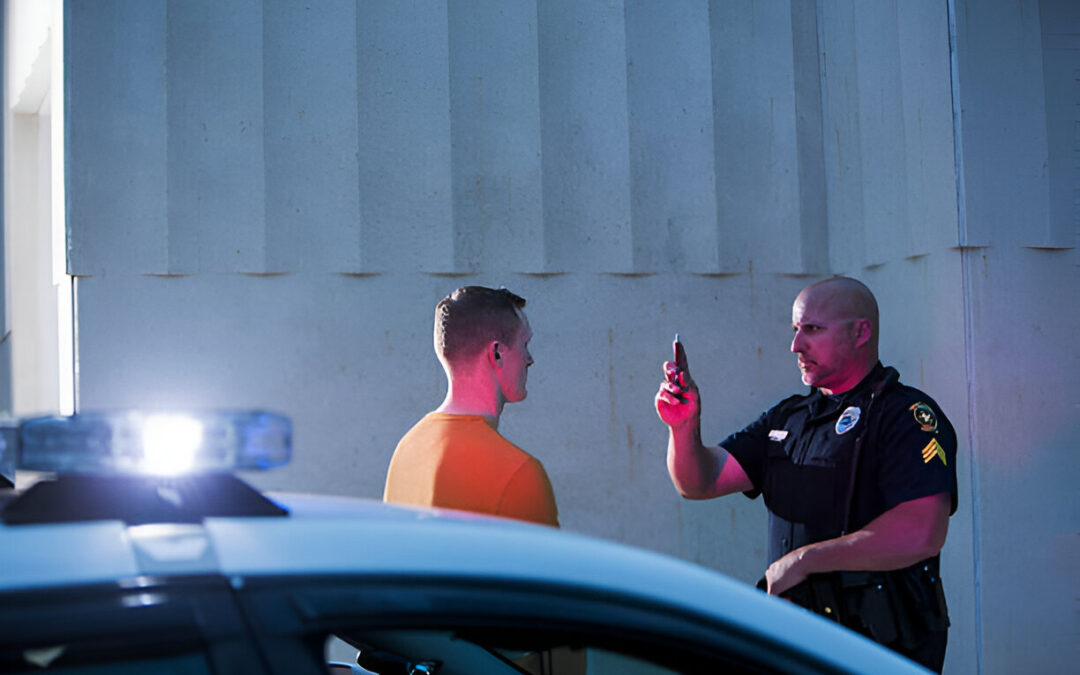Experiencing a car accident is a distressing event that can have profound and far-reaching effects on an individual’s well-being, extending beyond physical injuries. For those who have endured the trauma of a car crash, the potential for developing PTSD from a car accident is a critical aspect that demands attention. This disorder has the capacity to affect mental, physical, social, and spiritual aspects of a person’s life, making it crucial to understand its signs and seek appropriate support. In this blog, we will explore 5 symptoms of PTSD after a car accident.
What is PTSD?
According to the American Psychiatric Association, PTSD can result from various traumatic events such as natural disasters, serious accidents, motor vehicle accidents, terrorist acts, war or combat, rape or sexual assault, historical trauma, intimate partner violence, and bullying. It is a complex condition that affects individuals differently, and its impact can be profound and long-lasting. Understanding PTSD is crucial in identifying and addressing its symptoms, especially after a car accident.
Can Car Accidents Cause PTSD?
Extensive studies indicate that Motor Vehicle Accident (MVA) related PTSD affects a substantial number of individuals in the United States, ranging from 2.5 to 7 million. The aftermath of a car accident can trigger symptoms of PTSD, emphasizing the need for recognizing and addressing mental health in addition to physical well-being. It’s crucial to understand the signs that may indicate the presence of PTSD after a car accident.
5 Signs You Might Have PTSD After a Crash
- Re-experiencing the Trauma
One of the hallmark symptoms of PTSD is the persistent re-experiencing of the traumatic event. In the context of a car accident, this might manifest as intrusive thoughts, flashbacks, or nightmares related to the crash. If you find yourself involuntarily reliving the accident, it could be an indication of PTSD.
- Avoidance of Thoughts or Discussions About the Accident
Individuals with PTSD may actively avoid thoughts, conversations, or activities associated with the traumatic event. If you find yourself steering clear of discussions about the car accident or going to great lengths to avoid any reminders, it might be a red flag for PTSD.
- Sleep Disturbances
Sleep disturbances are common in individuals with PTSD. Nightmares, insomnia, and restless sleep can significantly impact overall well-being. If you are experiencing persistent sleep troubles following a car accident, it could be indicative of underlying PTSD.
- Difficulty Concentrating
PTSD can affect cognitive functions, leading to difficulties in concentration and memory. If you find yourself struggling to focus on tasks or experiencing lapses in memory after a car accident, it is crucial to consider the possibility of PTSD.
- Avoidance of Driving or Being a Passenger
A notable symptom of car accident-related PTSD is the avoidance of driving or being a passenger in a vehicle. The fear and anxiety associated with the accident may lead individuals to steer clear of situations that trigger these emotions, impacting their daily activities and quality of life.
Turn To Pacin Levine, P.A. For Help
At Pacin Levine, P.A., we understand the complexities of PTSD from car accidents, and our dedicated legal team in Florida is committed to evaluating your case, providing expert guidance, and fighting for your rights. If you suspect you may be experiencing PTSD after a car accident, seeking professional help is crucial. A free consultation with our team can be scheduled by contacting us at (305) 760-9085 or 1-800-24-7-CRASH (2727). Don’t hesitate to reach out and take the necessary steps toward healing and justice.




